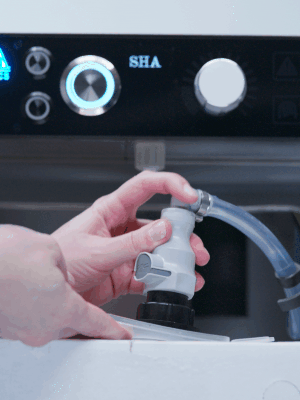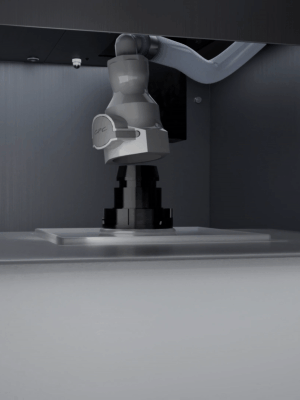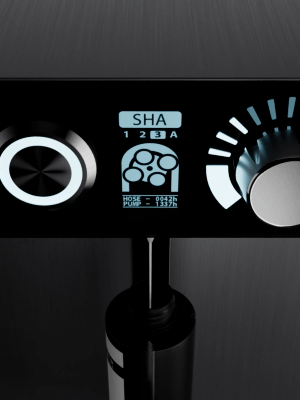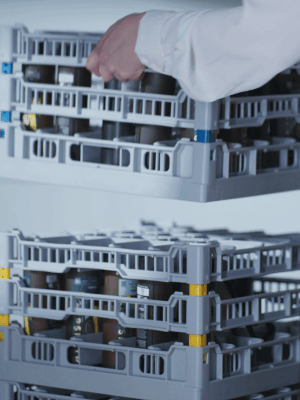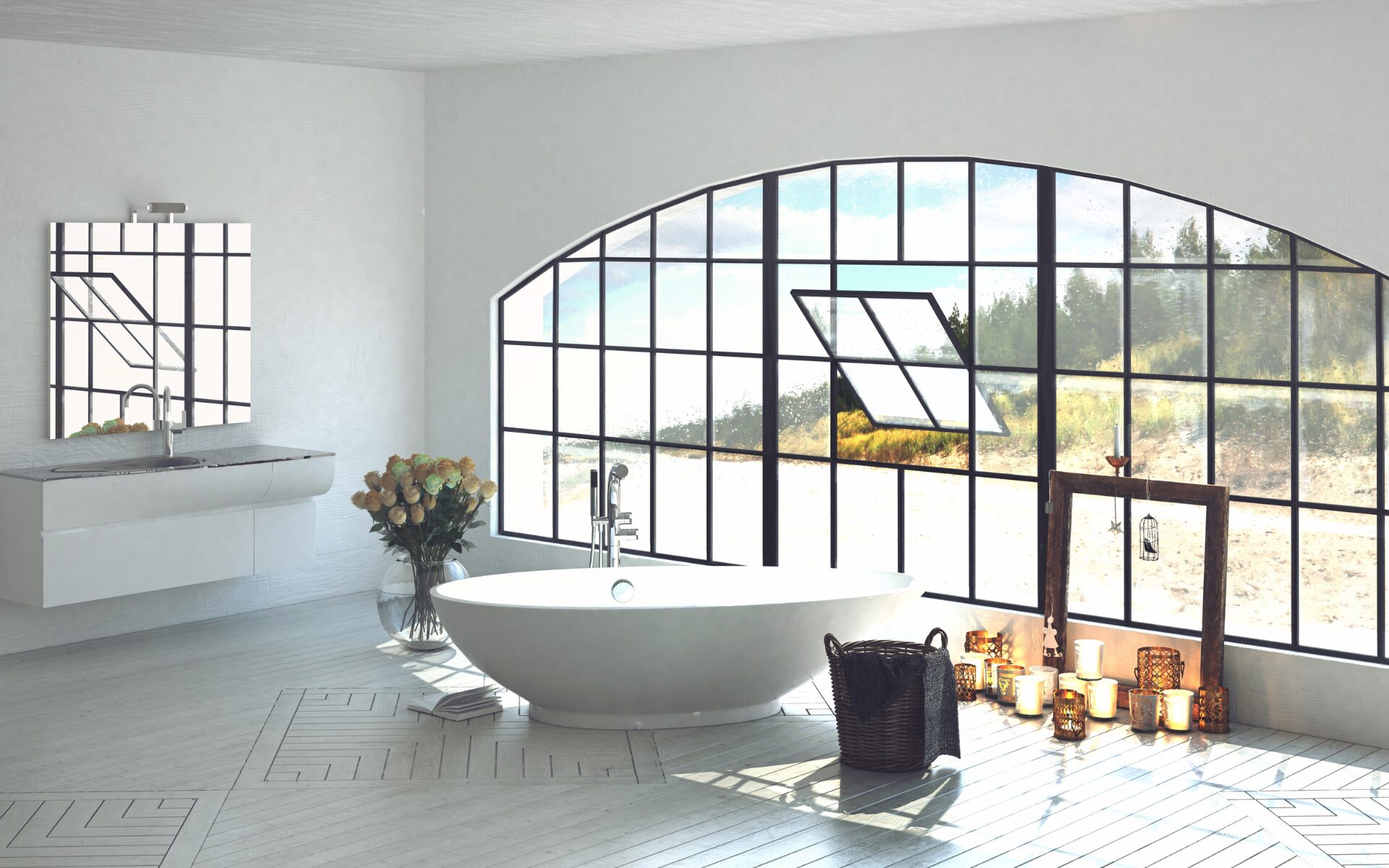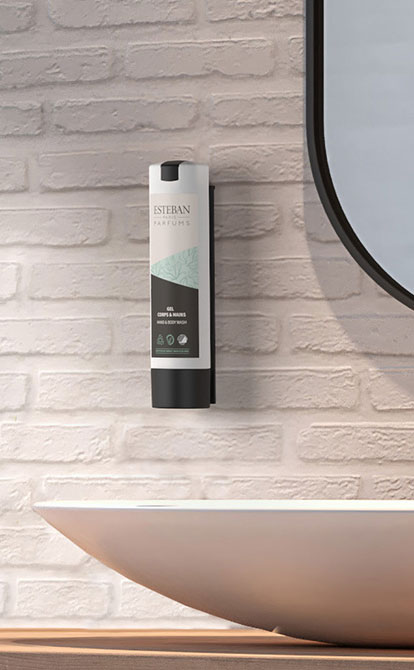Internet of Things (IoT)
‘Internet of Things’ (IoT) is a type of smart room technology that refers to the integration of internet connectivity into ordinary electronic devices. This enables remote, contactless operation of room controls or amenities. Smart room amenities with IoT technology are devices like TVs, speakers, or room thermostats and lighting. These devices are usually controlled from a single source, such as a phone app.
Artificial Intelligence (AI)
Artificial Intelligence is an ever-developing form of smart technology that continues to revolutionize everyday tasks and processes. Nowadays, smart hotels utilize AI technology to provide guests with chatbots to answer questions or resolve issues 24/7 via their website or mobile app, personalize and automate smart room controls, or provide AI-powered virtual assistants, such as Amazon Alexa.
Virtual Reality (VR) and Augmented Reality (AR)
Virtual Reality (VR) and Augmented Reality (AR) are two forms of emerging technology that have a positive outlook for the hospitality industry as an instrumental marketing tool. VR and AR technology simulate real environments to enable a person to virtually experience that place. For the hospitality industry, this opens the door for guests to ‘experience’ the hotel or the surrounding area and its attractions.
Mobile Apps and Digital Keys
Having a mobile app for guests has become commonplace among large chain hotels, including Marriott (Marriott Bonvoy), Hilton (Hilton Honors), and IHG (One Rewards). With these apps, guests can book accommodation, check-in and check-out, request services, or even access their room with a mobile passkey.
Mobile concierge allows guests to access information or request services whenever and wherever from their smartphone. All the resources and information they might need is centralized into a single location. Having a digital key available at all times during the stay is also convenient for those who want to check-in through the app and skip the wait at the front desk. Furthermore, a keyless entry eliminates the risk of lost or stolen room keys.
Use of Robots
Robots have been the subject of debate and victim of conspiracy theories for nearly a century. However, despite the drama that surrounds these innovative machines, robots have found their place in numerous industries, including hospitality.
There are few different types of robots that are currently used in various smart hotels around the world. Here are some examples:
- Concierge: greetings, information, sometimes referred to as ‘guest ambassadors’
- Room Service: luggage transportation, room deliveries, etc.
- Housekeeping: vacuuming, amenity/tool transportation, etc.
Sustainability Solutions
Implementing smart technology as a sustainability solution has proven effective in reducing waste and optimizing factors such as energy usage or water consumption. Smart controls, for example, can be programmed to control the lighting based on occupancy and natural daylight and climate control according to guest preferences or the hotel’s default settings.
Sustainability solutions can also be applied to areas such as housekeeping, where there are tools such as robots or ADA Cosmetics Refullitation (a sustainable cosmetic amenity refill solution). Providing guests with organic or all natural amenities is yet another way to reduce environmental impact and improve guest satisfaction.












